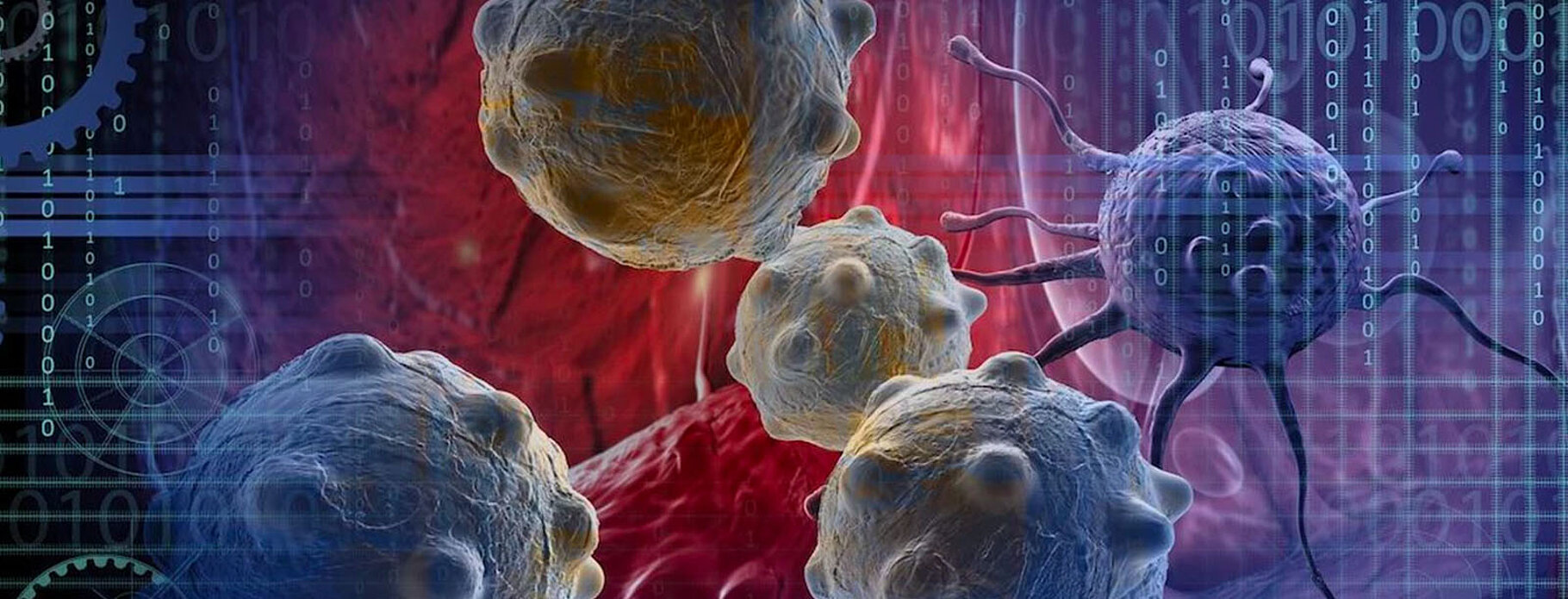
Molecular biology of B cells
Molecular biology of B cells
The generation of highly specific and adapted humoral responses is achieved by mechanisms initiated by DNA damage inflicted by Activation-induced cytidine deaminase (AID), an enzyme that deaminates cytosines to uracils in DNA. These lesions are processed to introduce mutations in immunoglobulin (Ig) variable regions during somatic hypermutation (SHM) or to generate double stranded DNA break intermediates in Ig switch regions during class switch recombination (CSR). While on-target DNA lesions are crucial for triggering antibody diversification, off-target lesions and/or aberrant DNA repair can initiate malignancy. Although DNA deamination by AID has been clearly established as the mechanism that initiates antibody diversification, the questions of how AID selects its genomic targets and how AID-induced DNA damage is accurately repaired, remain largely unanswered. Our core activity is directed towards elucidation of the molecular mechanisms driving antibody diversification, with a specific focus on the protein complexes involved in mediating AID targeting and in repairing AID-induced DNA damage in vivo.
